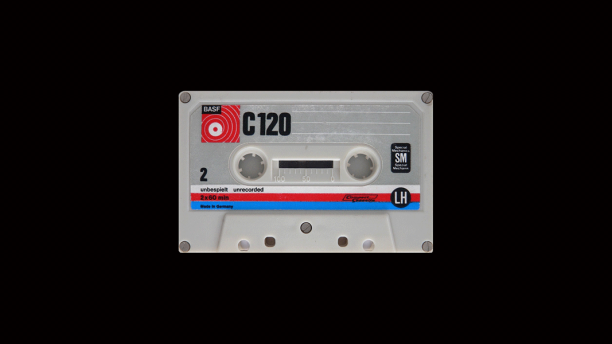Cassette tape revolution

Image: Still from Sandra Schäfer “On the set of 1978 ff”, video installation, 2011
“It is said that De Gaulle was able to resist the Algiers putsch, thanks to the transistor." If the shah is about to fall, it will be due largely to the cassette tape. It is the tool par excellence of counterinformation. Last Sunday, I went to the Tehran cemetery, the only place where meetings are tolerated under martial law. People stood behind banners and laurel wreaths, cursing the shah. Then they sat down. One by one, three men, including a religious leader, stood up and started talking with great intensity, almost with violence. But when they were about to leave, at least two hundred soldiers blocked the gates with machine guns, armored vehicles, and two tanks. The speakers were arrested, as well as all those who had tape recorders.
But one can find, outside the doors of most provincial mosques, tapes of the most renowned orators at a very low price. One encounters children walking down the most crowded streets with tape recorders in their hands. They play these recorded voices from Qom, Mashhad, and Isfahan so loudly that they drown out the sound of cars; passersby do not need to stop to be able to hear them. From town to town, the strikes start, die out, and start again, like flickering fires on the eve of the nights of Muharram.”
Excerpt from: “The Revolt in Iran Spreads on Cassette Tapes”,
Michel Foucault, Corriere de la sera, November 19, 1978